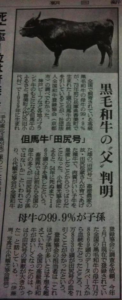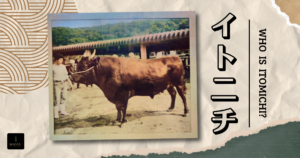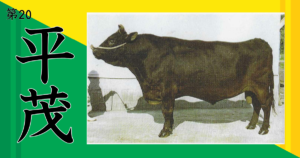The Story of Mika Fujimura
Table of Contents
In her hometown of Ojiro, Kami Town, Mika Fujimura has dedicated her life to preserving and promoting the cultural and historical legacy of Tajima beef. Mika was deeply rooted in Ojiro, where she was born and raised, which inspired her to carry out comprehensive study and meticulously record the rich Tajima beef tradition—a key component of the area’s identity.
Who Is Mika Fujimura
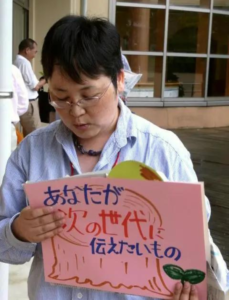
Mika studied animal husbandry at Hyogo Prefectural Agricultural School, equipping her with the knowledge necessary for her future endeavors. She started out in 2011 working for the Ojiro Tourism Association on a temporary basis.
As Mika joined in exploring additional geosites in Ojiro, her enthusiasm and knowledge were quickly evident. She gave insightful information about the local terrain and its historical importance.
Mika’s Achievements
Mika did a lot of study on the history of Tajima beef during this time in an effort to promote it and boost the declining Ojiro population. Her research turned up an intriguing tale: crossbreeding attempts during the Meiji era to increase cow size for meat production nearly destroyed the lineage of Tajima beef, a famous brand mentioned in literature from the Heian period. Four genetically pure Tajima cows, located only in the remote Ojiro village of Atsuta, saved the breed from extinction. From these remarkable “miracle four cows,” the pedigree of Tajima beef today was restored.
Among Mika’s greatest achievements was determining that Tajima beef originated from a certain cow known as “Tajiri-go.” She meticulously tracked the 1,463 direct descendants of Tajiri-go, after which the National Wagyu Registry took over and verified their records, finding a total of 178,330 animals that are descendants of Tajiri-go. This finding was important since it established Ojiro as the source of Tajima beef and of Japan’s highly prized Black Wagyu. This accomplishment was extensively highlighted in the Asahi Newspaper, underscoring its national importance.
Mika’s Legacy
Mika was on a passionate mission to improve her neighborhood, which went beyond academic study. Her goal in fighting the dwindling population was to highlight the historical significance of Tajima beef and attract resources to Ojiro. Mika persisted with a strong commitment in spite of her continuous battle with cancer, carefully compiling lineage charts and researching Tajima beef history.
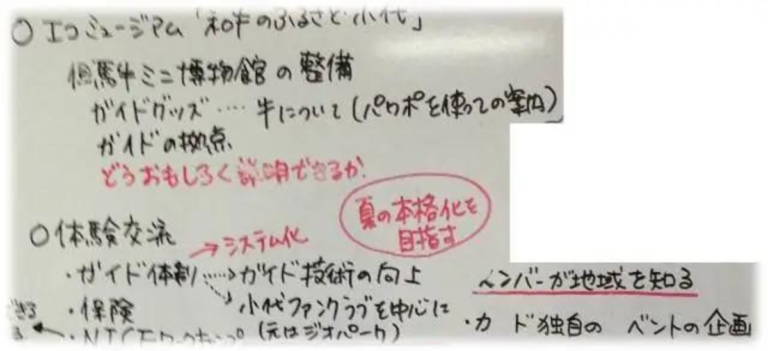
She effectively put up a specialist group to spread awareness of Tajima beef. Mika expressed her excitement for creating a thorough operational structure for this guiding team before her most recent hospital stay. The community she influenced carried on her legacy long after her untimely demise at 42 years old. Her great impact was demonstrated by the large turnout during her funeral.
Following her demise, individuals she had impacted assembled to continue her endeavors. They came onto a memo she had written for a tourist group meeting that acted as a comprehensive manual for training new guides. It gave these guides tremendous pleasure to learn about and share the rich cultural heritage of Tajima beef.
Through the work of these guides, who preserve and promote Ojiro’s traditional heritage, Mika’s dreams are still being fulfilled today. By their efforts, Mika Fujimura’s passion, dedication, and love for her hometown and its past will be preserved and will inspire next generations. Every day and on her birthday, the community honors her achievements and the enduring influence she had on Ojiro culture.
References
但馬牛「田尻号」99.9%秘話~小代を愛した人のお話 | 地方の小さな宿とお店の集客をサポート!「今井ひろこドットコム」 (imaihiroko.com)
http://catfish-kazu.la.coocan.jp/201408hm.html

